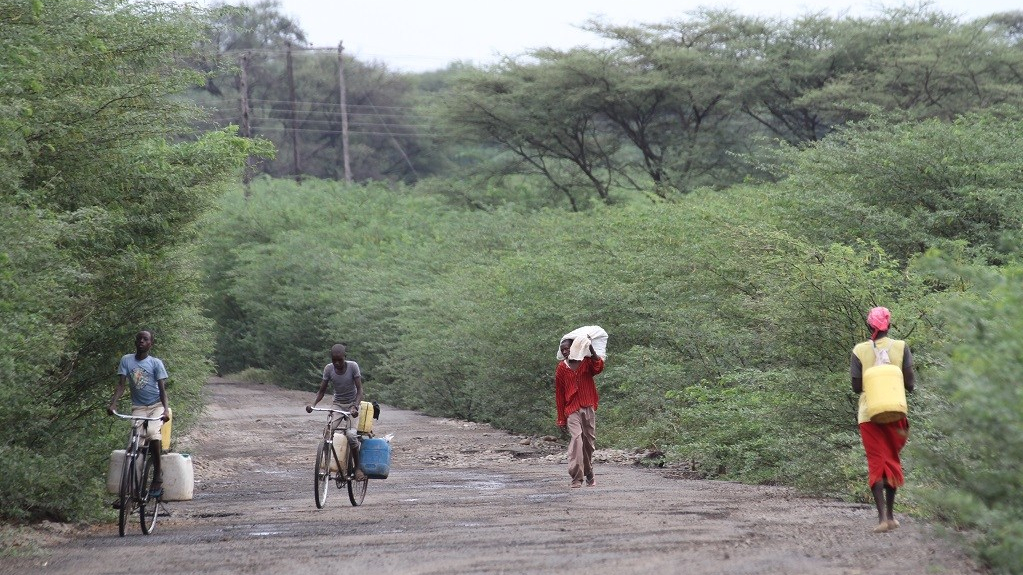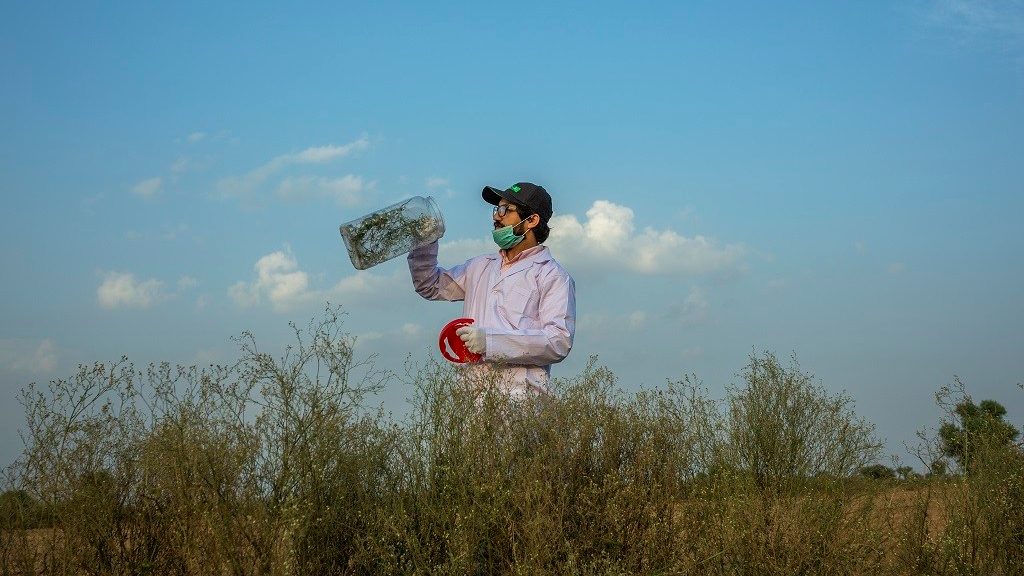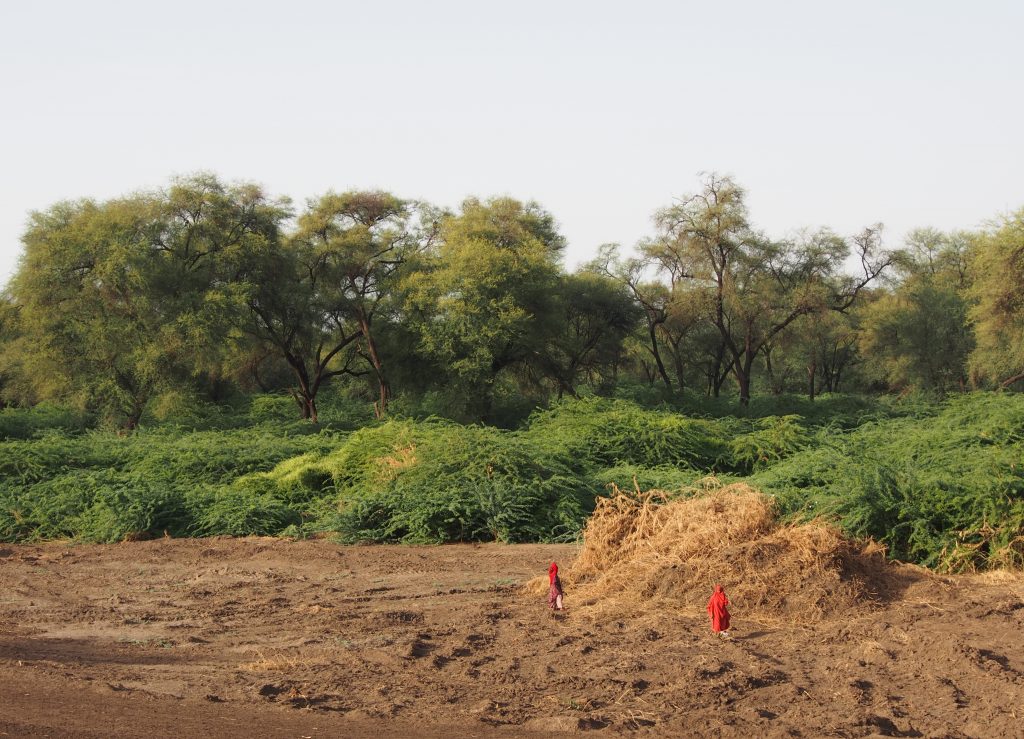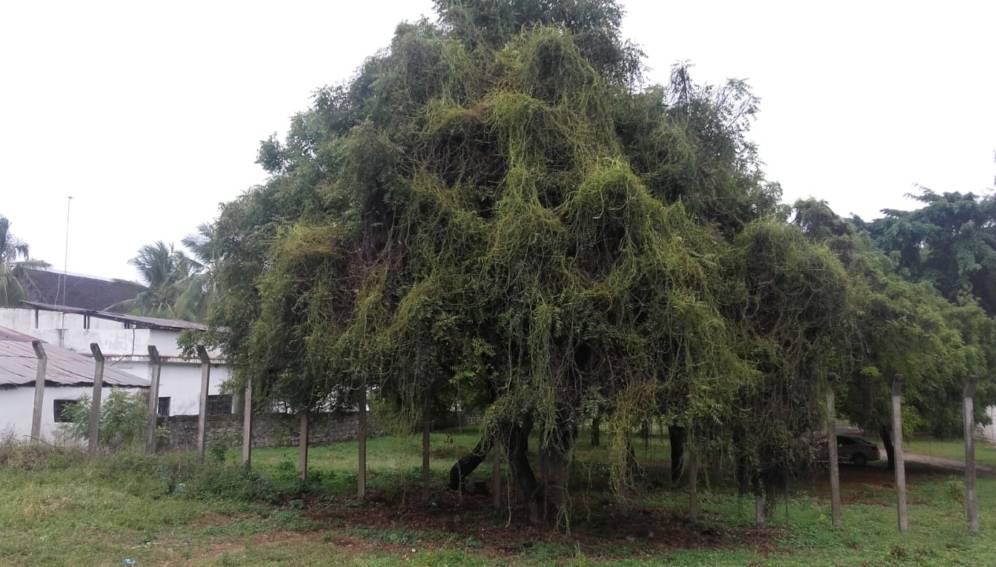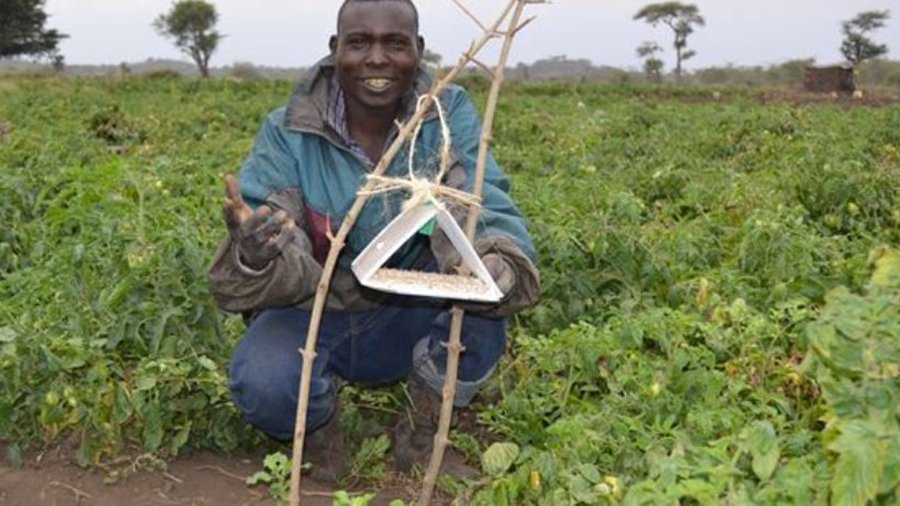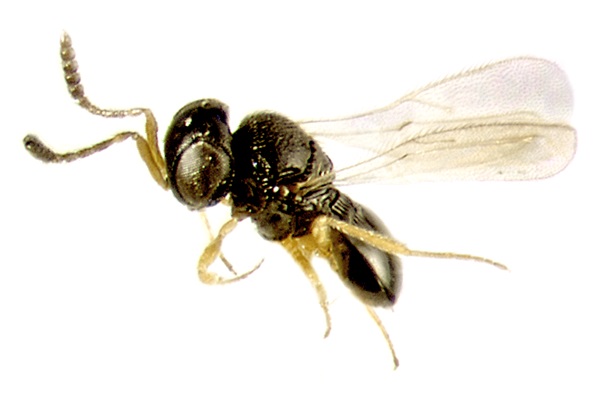Scientists recommend measures to contain rapid woody weed spread in Baringo County, Kenya
A team of international scientists, including CABI’s Dr Urs Schaffner, have recommended ways to manage the devastating spread of the woody weed Prosopis juliflora, where in Baringo County, Kenya, its coverage rapidly increased by 2,031 percent in just 28 years. PhD student Purity Rima Mbaabu, affiliated to the University of Nairobi and co-supervised by Simon…
Invasive species are Australia’s number-one extinction threat
By Andy Sheppard and Linda Broadhurst. Originally published on The Conversation. This week many people across the world stopped and stared as extreme headlines announced that one eighth of the world’s species – more than a million – are threatened with extinction. According to the UN report from the Intergovernmental Science-Policy Platform for Biodiversity and Ecosystem Services…
Collaborative writeshop produces pest management decision guides for invasive species in Pakistan
Invasive alien species (IAS) have devastating impacts on native biota, causing the decline or even extinction of native species, negatively affecting ecosystems. Invasive plants, animals, insects and microorganisms enter and establish in environments outside of their natural habitat. They reproduce rapidly, out-compete native species for food, water and space, and are one of the main…
CABI’s new quarantine facility creates greater capacity for Parthenium research in Pakistan
CABI has increased its capacity to fight the highly invasive and destructive Parthenium weed by opening a new quarantine facility at its Central and Western Asia (CWA) offices and laboratories in Rawalpindi, Pakistan.
CABI publishes recommendations to fight scourge of parthenium weed in Central West Asia
CABI has published a new evidence note highlighting a list of recommendations to fight the highly-invasive parthenium weed which can have significant impacts on human health, the environment, livestock production and health and crop yields. The report ‘Parthenium: Impacts and coping strategies in Central West Asia’, states that the aggressively-spreading weed, now classified as a ‘superior…
New study reveals the massive ecological and economic impacts of woody weed invasion in Ethiopia
CABI scientists have revealed the massive ecological and economic impacts that the invasive alien tree Prosopis juliflora has had across the Afar Region of north eastern Ethiopia. Dr Urs Schaffner, who is supervising lead author Mr Hailu Shiferaw for his PhD studies, contributed to the Science of The Total Environment published research which shows that the…
Invasive weed could cut crop yields by 30 per cent
By Nicholas Okeya. Originally published on SciDev.Net. A dangerous invasive alien weed known as field dodder could be a serious menace to agriculture and biodiversity across Sub-Saharan Africa, and reduce crop yields, scientists say.
CABI-led study recommends improvements to how impacts of Non-Native Species are assessed
CABI has led an international team of Non-Native Species (NNS) specialists who have compiled a list of recommendations to improve the way in which the impact of a range of invasive pests – such as the tomato leaf miner Tuta absoluta – are assessed, potentially helping towards ensuring greater global food security.
Scientists confirm first report of egg parasitoid in Africa to fight devastating fall armyworm
A group of scientists have confirmed the first report of an egg parasitoid Telenomus remus in Africa which could prove an important biological weapon in the fight against the devastating fall armyworm (Spodoptera frugiperda) that threatens the food security of more than 200 million people.


